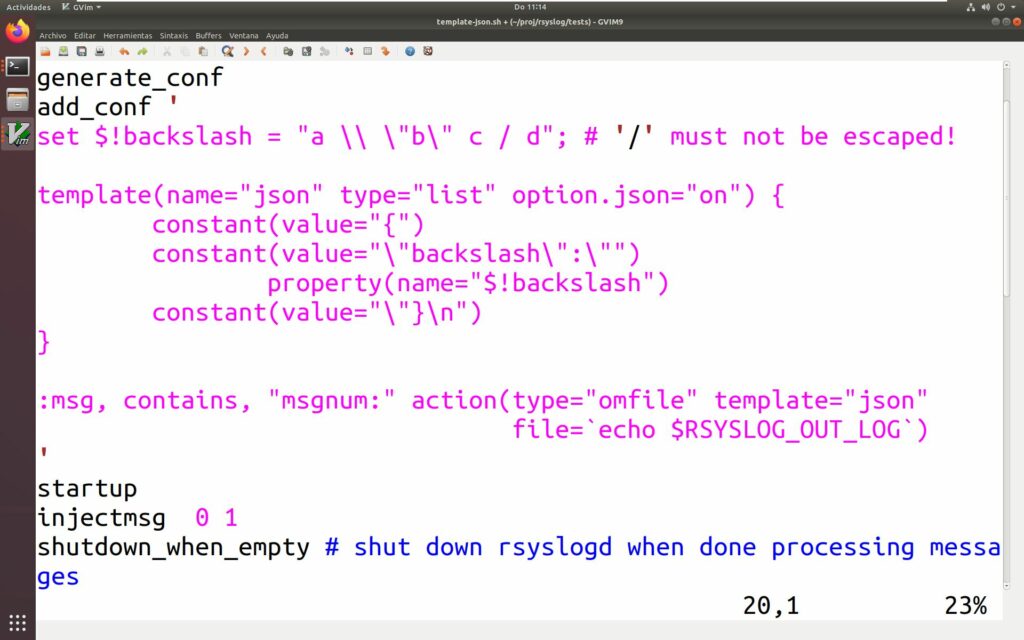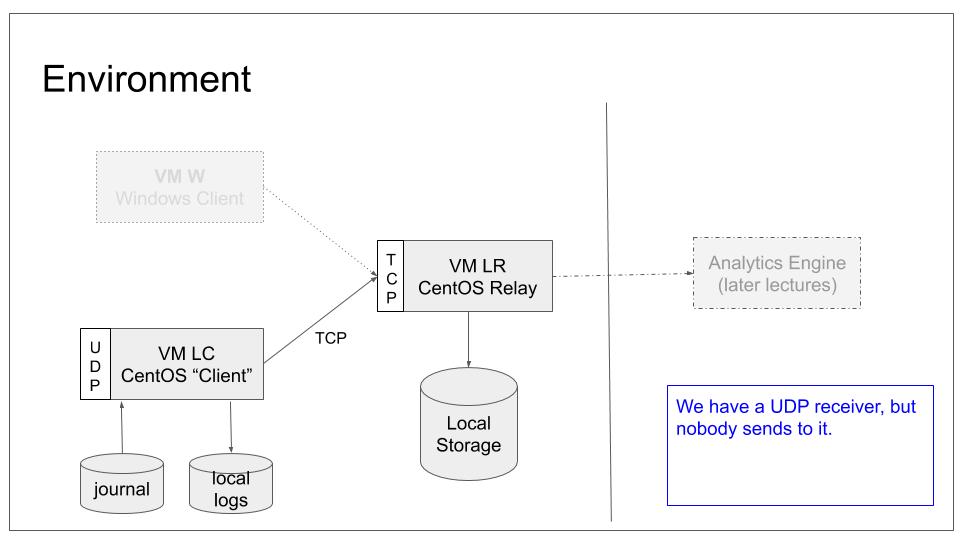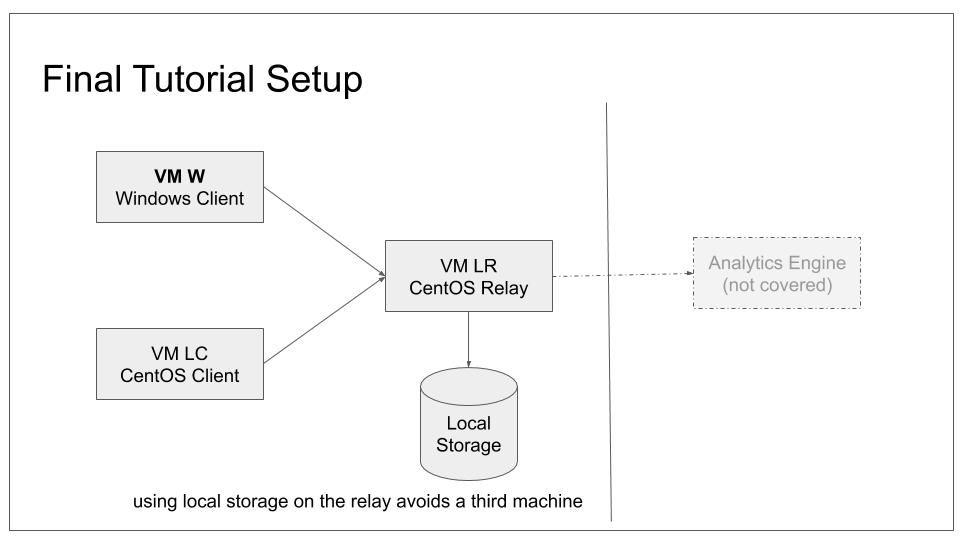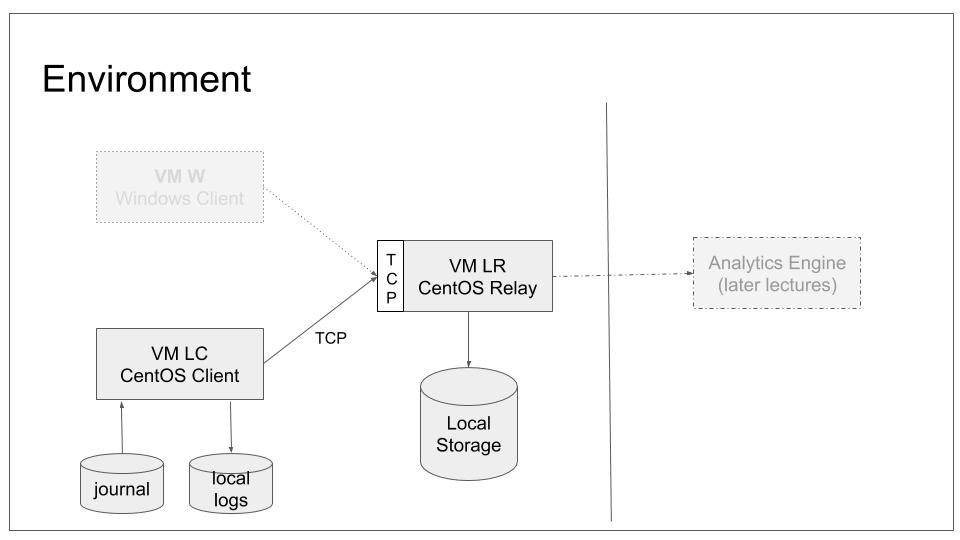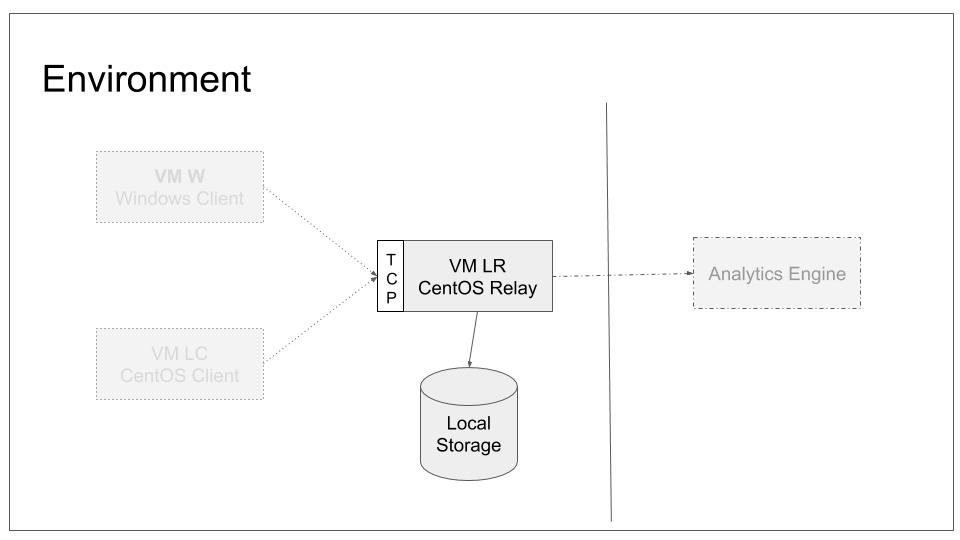Librelp 1.7 brings some memory leaks fixes, support for chained certificate files and a bit more. The official release is tomorrow. It will be co-released with rsyslog 8.2008.

The memory leak is especially relevant for some load-balancers, including AWS. I highly recommend to use the new library in such environments. As a side-note, we have also finally done some library symbol cleanups. If you used non-API functions that will hurt you. However, to the best of my knowledge nobody does such dirty tricks.
Adiscon will also integrate the new librelp in to it’s Windows products (including WinSyslog and EventReporter)
About LIBRELP
Librelp is library for reliable network event logging, It provides syslog-like functionality with a drastically reduced risk of messages loss. Note that industry-standard TCP syslog is unreliable by design. Librelp was written to address these shortcomings.
Rainer Gerhards initiated the librelp open source project. It is primarily sponsored by Adiscon.

